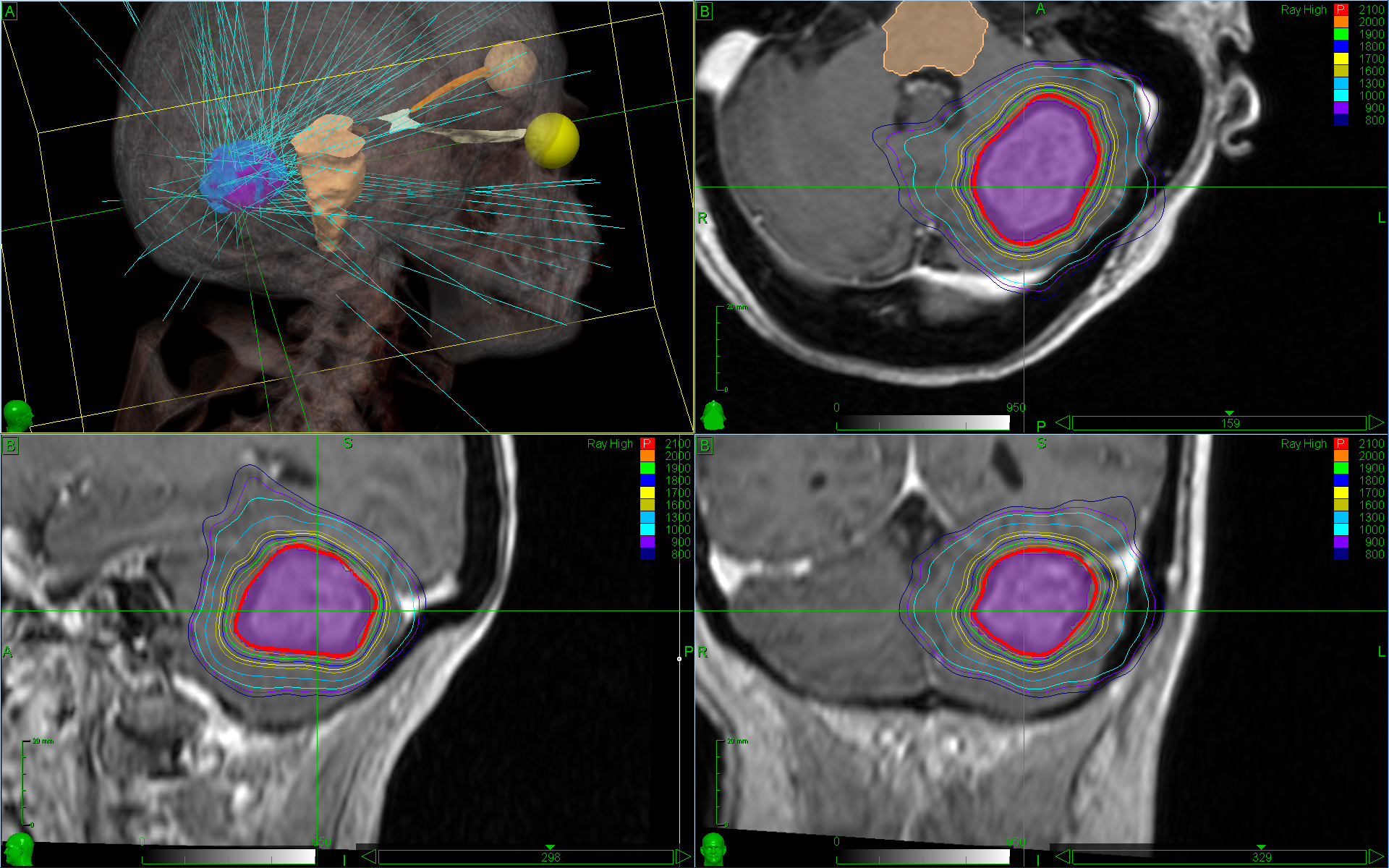Study Shows Benefit of SRS Treatments for Brain and Spine Lesions

The CyberKnife platform was developed in 1994 by Stanford University–based neurosurgeon John R. Adler, MD. The platform delivers SRS with sub-millimeter accuracy and precision in just 1 to 5 sessions over 1 to 2 weeks, offering a shorter overall course of treatment for patients that may positively impact their quality of life and an option for medical teams to achieve their clinical efficacy and ROI goals.
"More than 25 years after the first brain tumor treatment with the CyberKnife platform, customers worldwide continue to identify new ways to leverage its unique architecture and push the boundaries of radiosurgery to improve their patients' care," said Jean-Philippe Pignol, MD, PhD, chief medical & technology officer at Accuray. "The Journal of Neurosurgery analysis shows the platform can be used to treat a broad range of neurological conditions at various stages in the treatment journey – from first-line to adjuvant therapy and palliation – reinforcing its use in daily practice. The advantages of the platform's robotic design and Synchrony real-time image guidance make it an ideal choice for hospitals that want to offer exceptional care today and into the future."
Advanced functionality on the CyberKnife platform facilitates the delivery of precise treatments for more patients each day. The Accuray Precision Treatment Planning System (TPS) with the VOLO Optimizer reduces both the time to create high quality treatment plans and the time it takes to deliver them, making patients treatments significantly faster than with earlier versions of TPS. It also substantially reduces optimization time, supporting the creation of treatment plans for multiple cases in the same day, and helping to ensure the optimal plan is created for neurology and cancer cases spanning different diagnoses and tumor sizes. The artificial intelligence (AI)-driven Synchrony technology synchronizes the radiation beam to the target in real-time, maximizing dose to the lesion while minimizing dose to surrounding healthy structures.